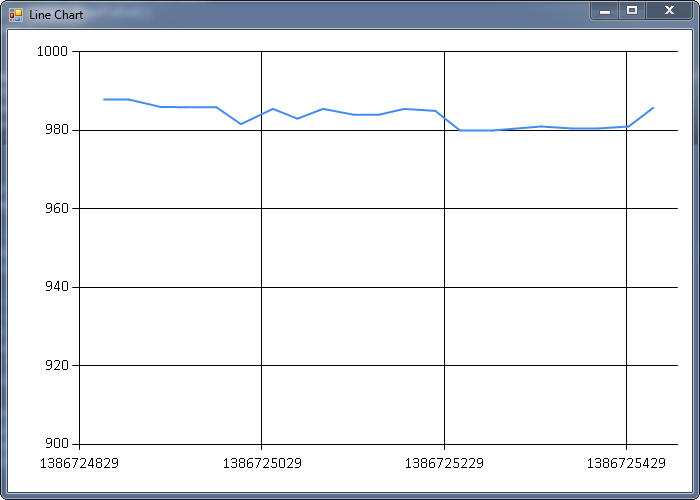This post is also available in English.
Miałem taki post w głowie od dłuższego czasu, a dodatkowego kopa dał mi wpis Gutka o Warszawskich grupach programistycznych. Problem polega na tym, że nie ma jednego miejsca, gdzie znajdować te grupy. Ich strony są rozrzucone po meetupie, fejsbuku i innych miejscach. To jest prawdopodobnie niekompletna lista grup działających w Trójmieście. Jeżeli kogoś pominąłem, lub informacje są nieaktualne/niekompletne, daj znać – poprawię.
Trójmiejska Zawodowa Grupa .NET www
Tematyka: .NET, ogólnie o programowaniu
Gdzie: Zieleniak, Gdańsk
Kiedy: Każda druga środa miesiąca
Grupa .NET Politechniki Gdańskiej (grupa studencka) www || facebook
Tematyka: .NET, ogólnie o programowaniu, przedsiębiorczość
Gdzie: Politechnika Gdańska
Kiedy: brak stałych terminów, spotkania odbywają się dośc często
Cocoaheads Tricity facebook
Tematyka: iOS, mobile UX
Gdzie: Pomorski Park Naukowo Technologiczny, Gdynia
Kiedy: brak stałych terminów, spotkania mniej więcej co miesiąc
Google Developers Group Tricity www || facebook
Tematyka: Android
Gdzie: Pomorski Park Naukowo Technologiczny, Gdynia
Kiedy: brak stałych terminów, spotkania mniej więcej co miesiąc
Java User Group Trójmiasto www || facebook || twitter
Tematyka: Java, JVM, ogólnie o programowaniu
Gdzie: Gdański Inkubator Przesiębiorczości Starter
Kiedy: brak stałych terminów, spotkania mniej więcej co miesiąc
meet.js Gdańsk www || facebook || twitter
Tematyka: JavaScript, frontend
Gdzie: Gdański Park Naukowo Technologiczny
Kiedy: Brak stałych terminów. Spotkania w Gdańsku odbywają się mniej więcej co dwa miesiące.
Geek Girls Carrots www || facebook
Tematyka: ogólnie technologicznie, ogólnie o programowaniu, women in technology
Gdzie: Gdański Park Naukowo Technologiczny ; Pomorski Park Naukowo Technologiczny Gdynia
Kiedy: Brak stałych terminów, spotkania mniej więcej co miesiąc
TRUG www
Tematyka: Ruby, Rails, web development
Gdzie: Sopot, Aleja Niepodległości 807/5
Kiedy: Trzecie środy miesiąca
PLSSUG Trójmiasto www
Tematyka: SQL Server
Gdzie: Siedziba firmy Hempel, Gdańsk, ul K. Szymanowskiego 2
Kiedy: W czwartki
Agile 3M www || facebook
Tematyka: Zarządzanie projektami, Agile
Gdzie: Klub Atelier, al. Mamuszki 2, Sopot
Kiedy: Brak stałych terminów, spotkania mniej więcej co miesiąc
Warto jeszcze wspomnieć o dwóch inicjatywach. 3Hack (www || facebook || twitter) stara się zbierać w jednym miejscu informacje o technologicznej i startupowej scenie trójmiasta. It3c także informuje o spotkaniach grup technologicznych i zamieszcza oferty pracy.
